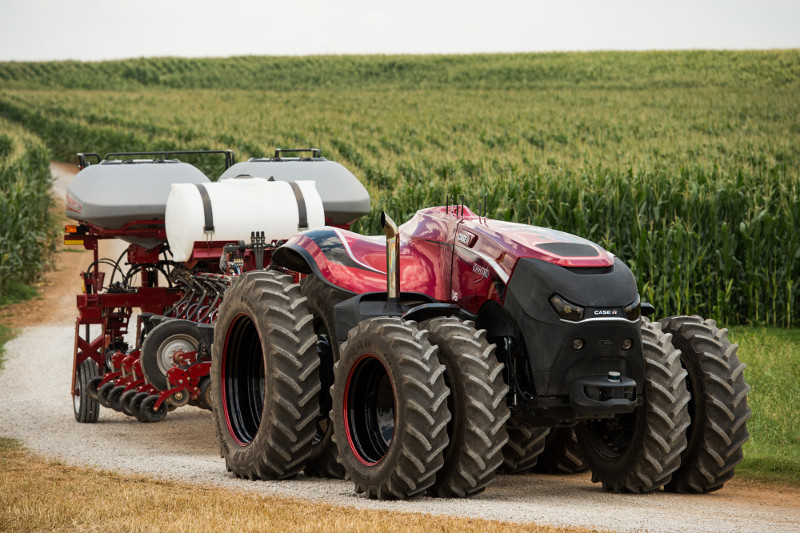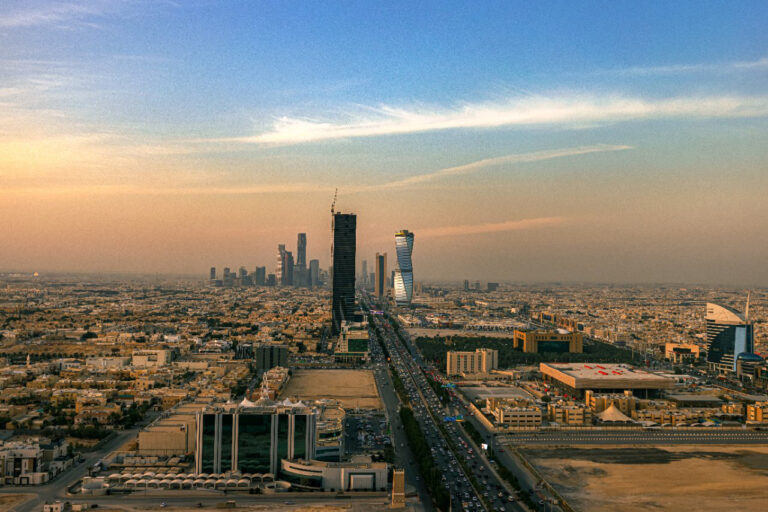Guaranteeing universal access to basic needs—clean air, water and food—is the only means to prevent human conflict and environmental disaster. Climate change is compounding the problem, making the all-important increasingly urgent.

“Autonomous vehicles are important because increasingly you need to be able work the field 24 hours a day, seven days a week.”
Richard J. Tobin, CEO, CNH Industrial N.V.
Finding more sustainable ways to sow and reap what we eat while limiting the impact agricultural production has on finite resources will be key to our long-term success as a species. For now, we cannot grow new land or harvest more water, but forward-looking multinationals, such as leading capital-goods producer CNH Industrial, are already introducing innovative machines to get higher yields from the field.
CNH Industrial has developed two concept autonomous tractors that are ploughing a new furrow in precision farming. They were previewed in August at the 2016 Farm Progress Show in Iowa and will be taken on and off the road around the U.S. over the next few months to gauge customer reaction. The New Holland T8 NHDrive(TM) concept looks like a conventional tractor, while the Case IH Magnum is a cabless design; both can operate without a driver.
“At the end of the day, there will be a deficit between what is needed to feed the global population versus how much a fixed amount of land can produce every year,” says Richard J. Tobin, CNH Industrial’s CEO. “So we look at these tractors as a productivity enhancement, making farming more competitive globally.”
In autonomous mode, the tractors are controlled by an application-controlled interface (API) that combines cameras, GPS, and radar to create a truly ground-breaking solution. “That is the crux of what we are working on: weaving together this ecosystem and integrating it into the vehicle’s electronic architecture,” Tobin explains.

The technology applies to most of CNH Industrial’s products, as they are all ultimately connected. While wheeled vehicles “get more play because of the sexy aspect,” Tobin admits, they are just part of the bigger picture: “Everything that goes around the vehicle needs to be linked into the system.”
Automation enables farmers and agribusiness companies to seed and gather all kinds of crops more efficiently and cost-effectively, without having to rely on the availability of labor at crucial and often challenging times. “The time windows for planting and harvesting are optimized with climatic and soil conditions,” Tobin notes. “The big bang for your buck is the total productivity you get by maximizing yield and using less inputs.”
The long-term benefit will be greater sustainability. The amounts of fertilizer and water required to feed and irrigate land can be reduced to a minimum by planting and harvesting in the optimum window. As the leading company in its sector for the sixth consecutive year, according to the Dow Jones Sustainability Index, CNH Industrial takes its responsibility to the environment and people seriously, and recognizes that doing so is good for business.
“This is technology that is going to change farming to a certain extent,” Tobin admits. “Autonomy is disruptive and implies a more efficient use of labour. The vast majority of feedback has been positive. However, we are not going to make the leap into full autonomy yet; we are probably 10 years away from having a farmer being able to remotely control the entire agricultural process. You could, however, have individual products commercially available within three years. It is upon us.”![]()









